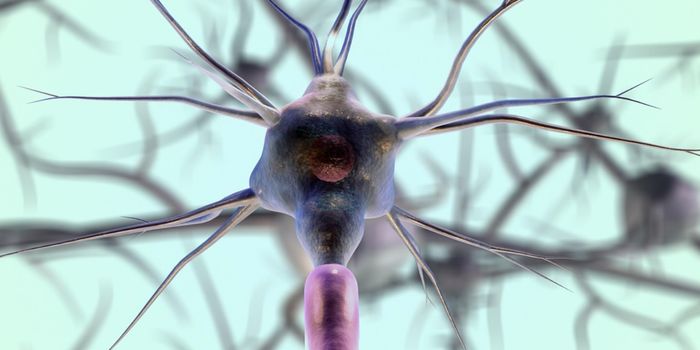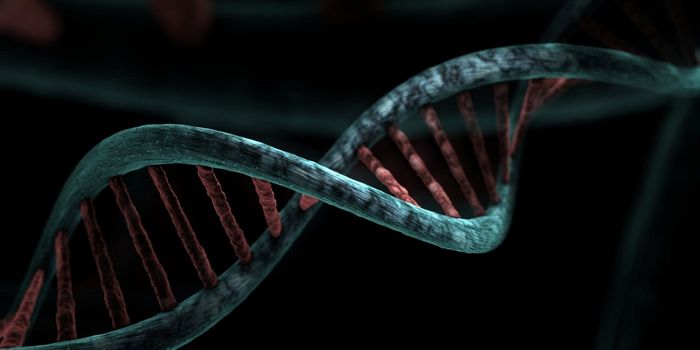Stem Cell Derived Natural Killer T Cells as Novel and Long-term Cancer Treatment
One of the most promising and booming areas of research is immunotherapy as a treatment for cancer. If we could use our immune system as a way to attack cancer cells, we could avoid potentially uncomfortable and dangerous treatment alternatives.
Unfortunately, immunotherapy involving invariant natural killer T cells (iNKT) that target cancer, is inefficient because of cancer patients inability to produce many of these cells. Yanni Zhu and his colleagues at the University of California, Los Angeles, use stem cells to produce iNKT cells and “[demonstrate] the efficient long term generation of [stem cell derived iNKT cells] in vivo”. This would create a large population of iNKT cells within the patient to target and attack tumor cells.
Zhu et al. induced a population of hematopoietic stem cells (HSCs) into iNKT cells using a gene delivery mechanism in vitro. They then tested the ability of the stem cells to produce a native iNKT cell population by engrafting HSCs into mice. This created a native population of iNKT cells within the mice. These cells had similar behaviors in the mice as the expected behaviors of iNKT cells in a human. The mice given the stem cell treatment had an increased survival rate compared to the control mice. The stem cell-derived iNKT cells within the mice even “retain their longevity and self-renewal capacity and can produce iNKT cells overtime.” This proves to be extremely promising as long term immunotherapy for cancer patients.
The most exciting result of the study is that these HSC induced iNKT cells are “capable of deploying multiple mechanisms to attack tumor cells” similar to native iNKT cells in humans. Mice with solid tumors in their subcutaneous tissue were given an injection of the HSC induced iNKT cells which suppressed tumor growth. The HSC iNKT cells were shown to specifically target the tumor as shown by their luminescent appearance in bioluminescence live animal imaging.
As mentioned before, immunotherapy is an extremely attractive treatment for cancer due to the lack of toxicity to patients compared to common chemotherapies. Zhu and his team show that possible new immunotherapy is on the horizon.
To learn more about immunotherapy as a cancer treatment, watch this video by the National Cancer Institute below:
Source:









